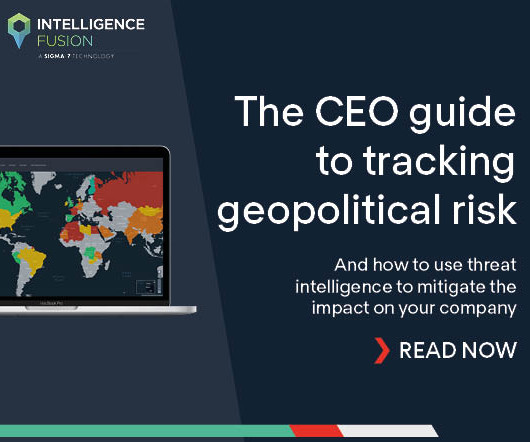Search, Plus Your World, As Long As It’s Our World
John Battelle's Searchblog
JANUARY 10, 2012
Perusing my feeds today, I saw this post from Google’s blog: Search, plus Your World. In the post, Google extols the virtues of incorporating results such as “your personal content or things shared with you by people you care about. These wonderful people and this rich personal content is currently missing from your search experience. Search is still limited to a universe of webpages created publicly, mostly by people you’ve never met.




















Let's personalize your content